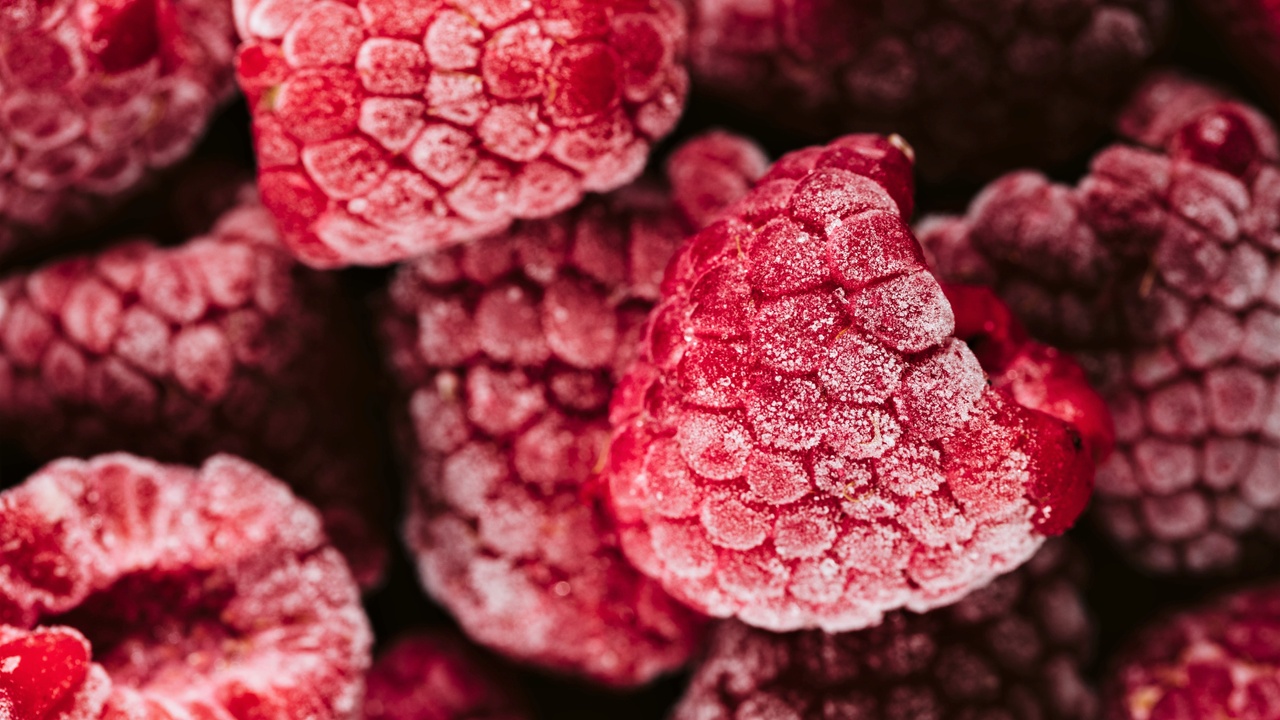Cheap, healthy food for tight budgets
Mar 24, 2022
It can be a challenge to eat well on a tight budget — especially with the growing cost of food. But, for the sake of your physical and mental health, it’s important to maintain a balanced, nutrient-rich diet when times are tough. But, as supply chain issues put strain on food production and the cost of staples keep rising, families are becoming increasingly concerned with their ability to put quality food on the table.
Feeding your family healthy food should be the least of your worries. So, here’s a list of cheap, healthy foods to add to your grocery list the next time you hit the store. The following items will help you get the best nutritional bang for your buck…
Budget-friendly foods that help you eat well
Beans
Canned or dried, black, kidney, pinto, etc., beans are an excellent low-cost kitchen staple. They are filling and loaded with protein and minerals like iron and zinc. Opt for low-salt canned beans, but be sure to rinse thoroughly before using. Dried beans can be bought in bulk, cooked, and used in soups, stews, and salads throughout the week.
Canned tomatoes
Crushed, diced or whole, canned tomatoes are a cheap, nutritional addition to your pantry. They’re great for sauces, soups, and stews and are loaded with vitamin C and fibre, and are an excellent source of the antioxidant lycopene (helps lower the risk of heart disease, prostate cancer, and macular degeneration).
Eggs
Considered the perfect protein by dieticians, eggs are full of essential amino acids and
choline (important for the nervous system and brain health). Make sure you eat the yolk! It contains vitamins A and D, omega-3 fatty acids, and the antioxidant lutein (promotes healthy eyes and skin).
Frozen fruits & vegetables
Stocking your freezer with frozen fruits and veggies helps you save money at the till. Plus, frozen fruits and veggies hold the same amount of essential micronutrients as fresh. This is great for consuming your favourite berry out of season and alleviating food waste when fruits and veggies start to turn (hello overripe bananas and an overabundant crop of kale and/or zucchini!)
Herbs & Spices
Spice things up, change the flavour profile of everyday foods, and take advantage of the antioxidant, antiseptic, and anti-inflammatory properties of herbs and spices like turmeric, rosemary, and oregano.
Nuts & seeds
As long as you’re not allergic, nuts are great for meals and snacks. They fill you up with healthy fats, protein and some fibre, and they also provide a number of micronutrients we sometimes have trouble getting in our diet, like magnesium, B vitamins and iron. Plus, you don’t need to eat a lot to reap the benefits. Enjoy a healthy serving on their own, sprinkle on soup and salad, or spread on toast, rice cakes, or crackers.
Potatoes
As one of the leading food crops around the world, this bland, bumpy tuber holds so much goodness. Potatoes are rich in Vitamin C, high in potassium, and a good source of fibre. Pretty boring all on their own, potatoes are excellent baked, fried, or mashed and flavoured however you like. They’re also a great addition to curries, soups, and stews.
Whole grains
Whole grains like barley, brown rice, buckwheat, bulgur, corn, farro, oats, quinoa, and whole wheat have valuable antioxidants and are rich in nutrients and vitamins like B Vitamins, Vitamin E, fibre, iron, magnesium, phosphorus, and zinc. They help reduce the risk of heart disease, stroke, cancer, diabetes, and obesity. Whole grains are also inexpensive, versatile, and easy to prepare — making them great pantry staples to have on hand for any meal.
Stay connected with news and updates!
Join our mailing list to receive the latest news and updates from our team.
Don't worry, your information will not be shared.
We hate SPAM. We will never sell your information, for any reason.

